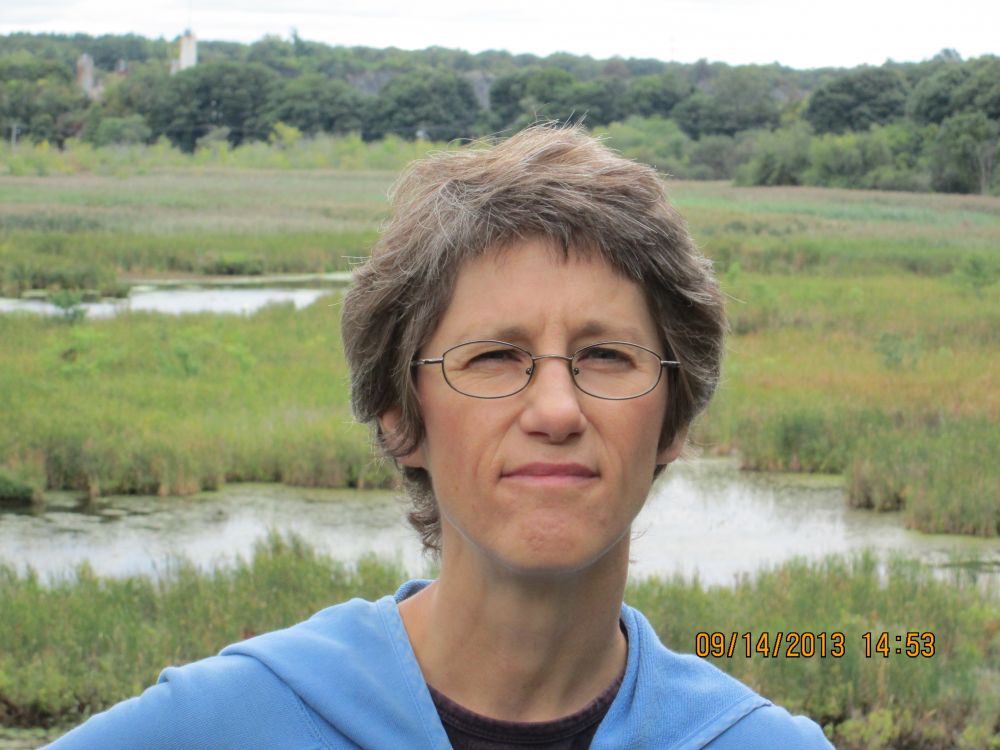
MA
Carolyn Fox is an educator, librarian, historian, and an un/homeschooling mother. She lives in Massachusetts with her UK husband and son.

Carolyn Fox is an educator, librarian, historian, and an un/homeschooling mother. She lives in Massachusetts with her UK husband and son.
Authored Comments
OECD did a study that showed S. Korea is tops for digital literacy with Australia and New Zealand came second. Yes, both are English-speaking countries, but Australia has invested more in terms of digital technology and education than New Zealand and it's seen as a model by other English-speaking countries.
Here's some links:
From the Australian Government:
http://ministers.deewr.gov.au/garrett/aussie-kids-forefront-digital-revolution
Australian Curriculum v3.0 and ICT Standards:
http://www.australiancurriculum.edu.au/GeneralCapabilities/Information-and-Communication-Technology-capability/Continuum
Australian Service - OER (which includes the studies):
http://www.ask-oss.mq.edu.au/index.php?option=com_content&task=view&id=75&Itemid=37
From the Canadian Government:
http://www.media-awareness.ca/english/corporate/media_kit/digital_literacy_paper_pdf/digitalliteracypaper_part3.pdf
Education Week on South Korea:
http://www.edweek.org/dd/articles/2011/10/19/01bits-skorea.h05.html
BBC article on South Korea:
http://www.bbc.co.uk/news/business-15175962
OECD Study (with Korea at #1):
http://www.oecd.org/document/42/0,3746,en_21571361_44315115_48267882_1_1_1_1,00.html
I agree with you. India has come out with the world's cheapest tablet - for a whopping $35!!
http://www.networkworld.com/community/blog/aakash
Yet in my state, there are school districts requiring high school students to shell out $300+ for a laptop. I don't get it. How long before knowledge and awareness about these android tablets in India becomes known here?
Australia is now #1 ranked English-speaking country and #2 ranked globally in terms of digital education (S. Korea is #1). Australia is investing over $2.4 billion into their digital education initiatives and programs. One of them involves providing the digital infrastructure necessary for ALL Australians to benefit from a digital economy. They've got a national plan and focus to their curriculum and to providing a global digital education. It's still piecemeal here and there's no or little concept of the differences between propriety-based digital content and non-profit, commercial-free or open source digital content.